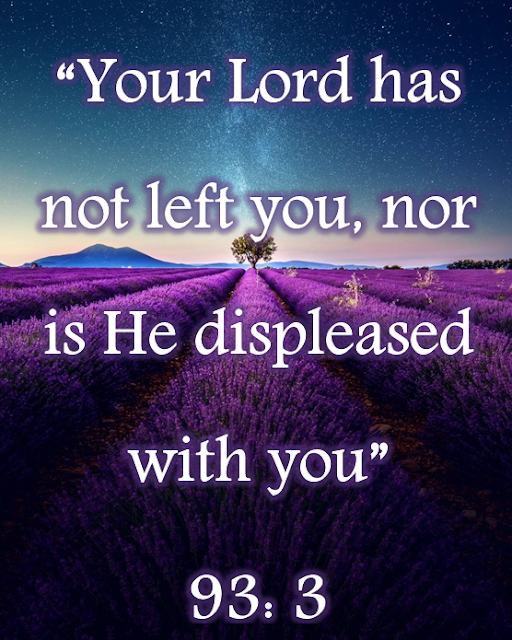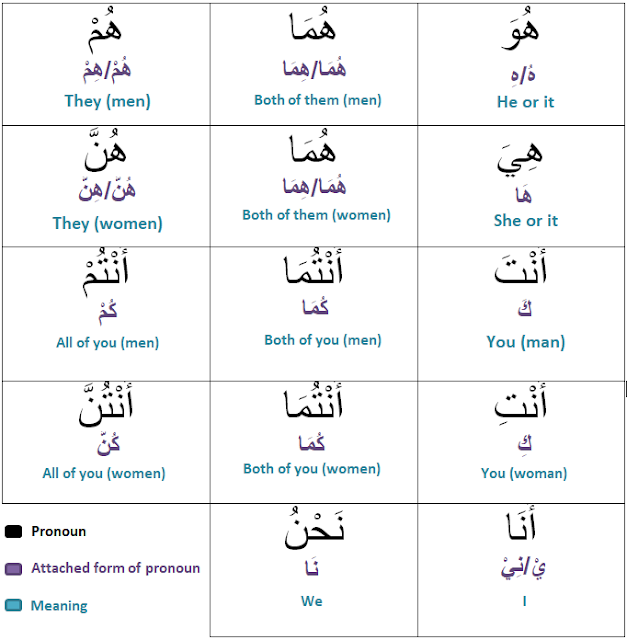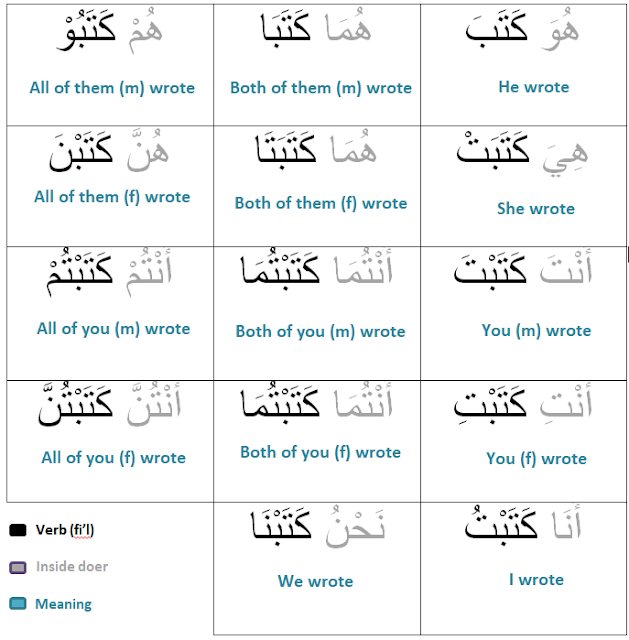Hiyaa (Part 14) - Blog post (English)
“Your Lord has not left you, nor is He displeased
with you.” Surah Adh-Dhuha, 3
This ayah from Surah Dhuha, reminds me of the story
of Yusuf (AS). As we all know, Yusuf (AS) went through quite a bit of struggle
throughout his life.
As the first struggle, he faced hatred and jealousy
from his own brothers. When he went out with his brothers in hope that he will
just get to have a good time with them and they planned to push him down a
well. Imagine the shock Yusuf (AS) must have gone through as his own brothers
began to push him towards the well. Imagine the hopelessness and fear he would
feel as he was falling into the darkness of the well. Imagine the uncertainness
he must have felt as a group of merchants took him out of the well and sold him
as a slave to a minister in Egypt.
If anyone of us was in the place of Yusuf (AS), we
must have thought that all of this must have been happening because Allah is
displeased with us. We would come to believe that Allah has ‘left’ us and thus
we are facing such difficulties. But look at what Allah says right at this
point of the story.
وَاللَّـهُ غَالِبٌ عَلَىٰ أَمْرِهِ
“…And Allah is predominant over his affair…” Surah
Yusuf, 21
Allah says that He swt is the One Who is in full
control of Yusuf (AS)’s affair. Allah had not left Yusuf (AS) to those trials.
Rather, He swt was planning everything precisely in favour of Yusuf (AS).
Later on in the story, we know that he lives in the
minister’s house. And he ends up going to jail after being falsely accused. If
all of this hadn’t happened, the king must not have heard about a prisoner who
was good at interpreting dreams. And Yusuf (AS) must not have gotten the
position as the treasurer in the kingdom. And he would not have been there to
make a good plan of action for the famine that was going to collapse the entire
economy of Egypt.
So dear brothers and sisters, whenever a tough time
hits, never wonder if Allah has left you or He swt is displeased with you.
Rather, all of your struggles and trials are part of a bigger plan. A plan
which is planned just for you by the Most Loving.
May Allah make us of those who are able to stay
strong even during tough times by placing our trust in Him. Ameen!



Hi, nice information is given in this blog. Thanks for sharing this type of information, it is so useful for me. nice work keep it up
ReplyDeletehttps://faizanquranacademy.com/quran-academy/
learn quran online for kids
Islamic art is often characterized by recurrent motifs, such as the use of geometrical floral or vegetal designs in a repetition known as the arabesque. The arabesque in Islamic art is often used to symbolize the transcendent, indivisible and infinite nature of God. Islamic art isn't restricted to religious work, but includes all the artistic traditions in Muslim culture. Islamic art is a modern concept created by art historians in the 19th century. if you are looking a professional art designs, then please visit ISLAMIC ART DESIGN SHOP.Quran
ReplyDelete